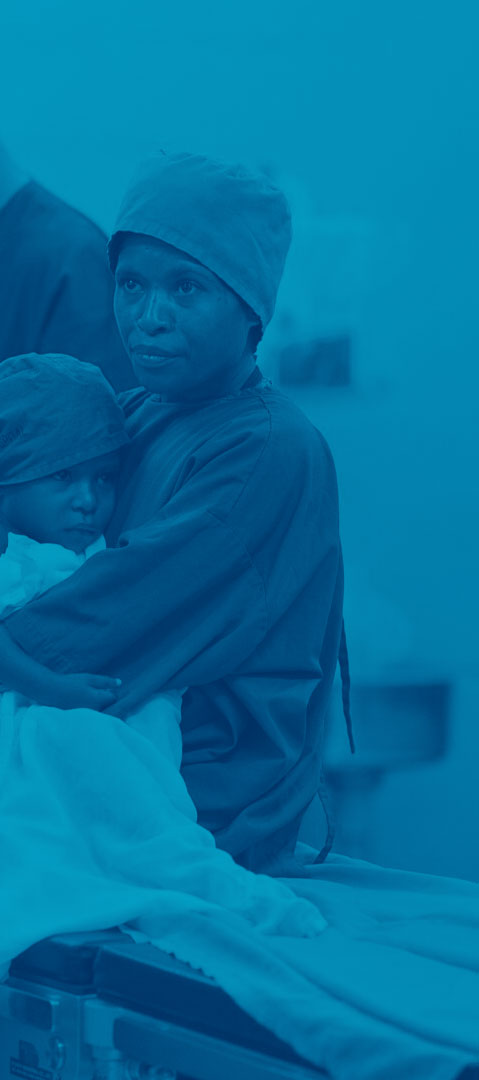Links to useful resources related to disability inclusion
The International Disability Alliance has a number of useful resources which can be found here.
CBM has a number of useful resources, in particular the ‘Inclusion Made Easy’ tools, which can be found here.
The Australian Government Department of Foreign Affairs & Trade (DFAT) has compiled a list of websites related to the rights of children which may be useful.
The UN’s International Labor Organisation (ILO) has a number of useful articles and links here.
The following organisations (to which Interplast is not affiliated) work across many of Interplast’s partner countries, with a focus on disability inclusion. They may be able to assist in developing policies, processes and other resources which are specific to local needs:
Pacific Disability Forum
Australian Federation of Disability Organisations
Disabled People’s Organisation




